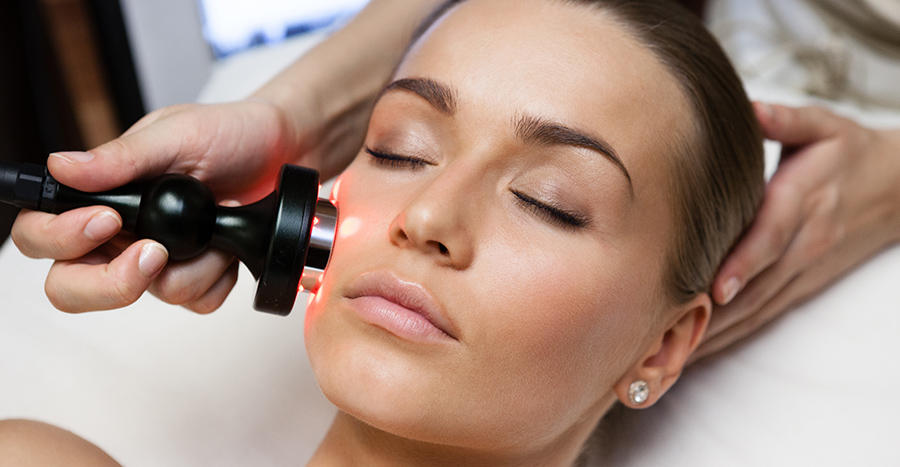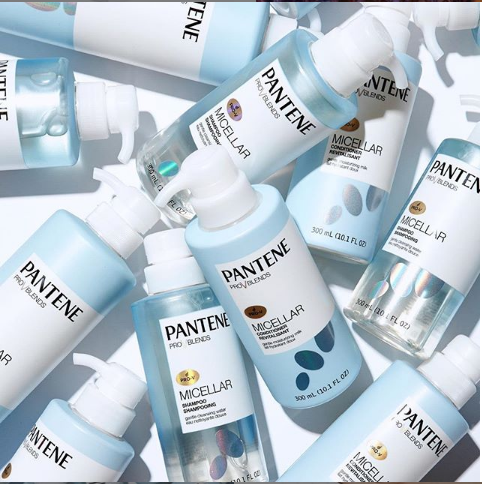From science-backed skincare to natural food sources, here’s what you need to know about boosting your collagen for radiant skin.
If you’ve noticed your skin starting to lose a bit of its plump, dewy glow that came so effortlessly in your teens, you’re not alone—and collagen might just be the missing piece in your skincare puzzle.
Known as the scaffolding of the skin, collagen is a structural protein that helps keep your skin smooth, elastic, and firm. The catch? Our natural collagen levels begin to decline from our mid-20s, and that’s when fine lines, dullness, and sagging can slowly start to creep in.
Luckily, skincare science is catching up—and clinical collagen-based products may hold the key to keeping your skin looking youthful, healthy, and strong.
Here’s everything you need to know about what collagen is, why it matters, and how you can support it through both lifestyle and high-performance skincare.
So, What Exactly is Collagen?
Collagen is the most abundant protein in the human body. Think of it as the building block that holds your skin together. It’s found in the dermis (the deeper layer of your skin), as well as in your bones, muscles, tendons, and ligaments. In your skin, collagen works with another protein called elastin to maintain firmness and elasticity, while also keeping your complexion smooth and resilient.
There are actually more than two dozen types of collagen, but when it comes to your skin, Types I and III are the real MVPs—responsible for that youthful bounce and structure.

Why We Start Losing Collagen in Our 20s
It may sound unfair, but collagen production naturally begins to slow down as early as your mid-20s. On average, we lose about 1% of our collagen each year after that. By the time we hit our 30s and 40s, the cumulative loss can become more visible in the form of fine lines, thinner skin, and decreased elasticity.
Several factors can speed up this process, including:
- UV exposure from the Aussie sun (yep, even in winter)
- Poor diet lacking in antioxidants and protein
- Stress and lack of sleep
- Smoking and alcohol
- Pollution and environmental damage
The result? Skin that feels thinner, dryer, and more prone to wrinkles or sagging.
Can Skincare Really Help? The Truth About Clinical Collagen Products
The short answer is: yes—if you’re using the right kind.
While applying collagen directly to your skin doesn’t necessarily replace lost collagen (the molecule is often too large to penetrate the skin’s surface), many advanced clinical skincare formulas like the ones from Calmerceuticals are designed to support the skin’s natural collagen production in smarter ways.
Here’s how collagen-based skincare actually works:

1. Peptides & Collagen Precursors
Many clinical products contain peptides—short chains of amino acids—that signal your skin to produce more collagen. Think of peptides like personal trainers for your skin cells, encouraging them to work harder and rebuild strength.
2. Hydrolysed Collagen
Hydrolysed collagen, or collagen peptides, has been broken down into smaller molecules so it can better absorb into the skin. Some topical formulas combine this with liposomes or delivery systems that help push the ingredients deeper into the skin barrier.
3. Vitamin C & Antioxidants
You’ll often find Vitamin C alongside collagen in clinical-grade skincare, because it’s essential for collagen synthesis. Antioxidants also help fight free radical damage, protecting your skin’s existing collagen from breaking down too fast.
4. Retinoids & Retinol
These vitamin A derivatives are some of the most studied ingredients for boosting collagen production. They work by speeding up cell turnover and encouraging the skin to produce new collagen naturally.
When used consistently and correctly, clinical collagen products can improve skin texture, reduce the appearance of fine lines, and boost overall radiance.
Natural Ways to Support Collagen From Within
While high-performance skincare can work wonders on the outside, it’s just as important to nourish your skin from the inside out. Here are a few natural ways to keep your collagen levels thriving:

1. Collagen-Boosting Foods and Supplements
- Bone broth: Rich in natural collagen and amino acids.
- Supplements: Try adding marine-based collagen powders to food to boost collagen intake. Flavoured powders can be added to smoothies and juices, unflavoured can easily be added to tea and meals.
- Berries: Packed with Vitamin C and antioxidants.
- Leafy greens: Spinach, kale, and broccoli are all great for skin health.
- Eggs: The yolk contains collagen-boosting nutrients like biotin.
- Nuts and seeds: Contain zinc and copper, which are essential for collagen production.

2. Stay Hydrated
Water helps maintain skin elasticity and allows collagen-producing processes to function properly. Aim for around 2 litres of water a day, especially if you’re active or live in a warmer climate.
3. Protect Your Skin From UV
The Australian sun can break down collagen faster than almost anything else. Use a broad-spectrum SPF daily—yes, even on cloudy days—and wear a hat and sunnies when out and about.
4. Get Your Beauty Sleep
Collagen production peaks while you sleep, especially during deep REM stages. Try to get at least 7–8 hours each night for optimal skin regeneration.
There’s no one magic product or smoothie that will replenish all the collagen your skin has lost. But combining smart lifestyle choices with science-backed clinical skincare can go a long way in helping maintain and even boost your skin’s natural collagen over time.
Think of it as a long-term relationship with your skin—nourish it, protect it, and invest in it, and it will reward you with a radiant, youthful glow well into your 30s and beyond.
















